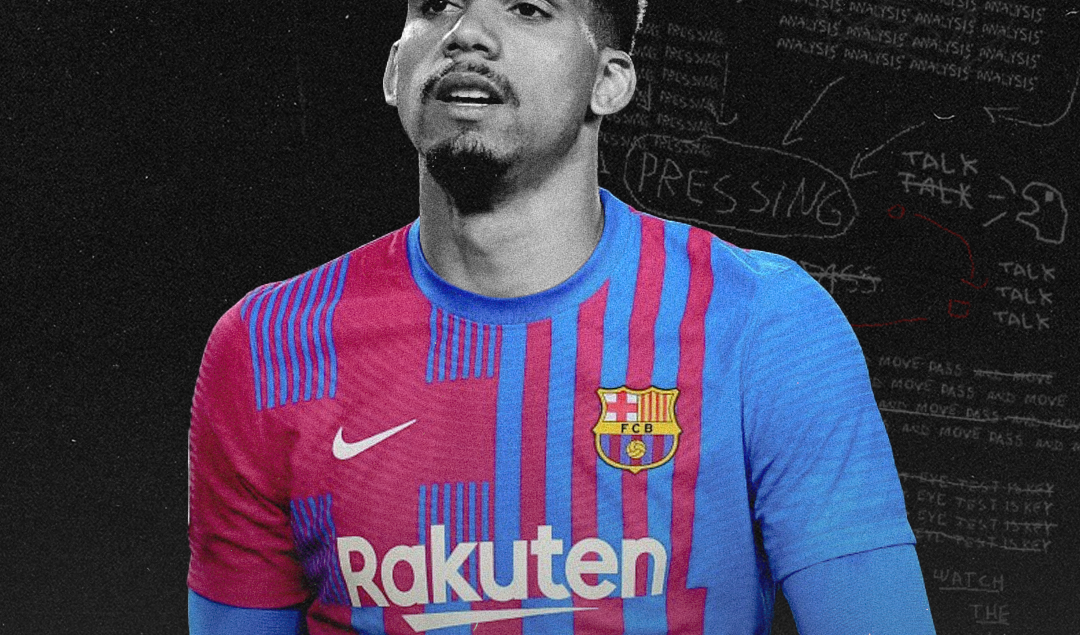Uruguay’s Chances of Securing a Third World Cup in Qatar and One Last Hurrah for Cavani and Suárez
Having held elections the previous year, 1985 marked the end of a 12-year military dictatorship in Uruguay, South America’s second-smallest country. The road to democracy began almost immediately under new president Julio María Sanguinetti, who lifted a ban on political parties that had opposed the dictatorship.
Fast forward to 2022 and Uruguay is ranked as one of (if not the) most socially progressive, democratic and peaceful countries in Latin America. A shining example of a successful change to politics and society, Uruguayans are proud of their history and traditions.
Football is the national sport, but saying that football is a ‘big deal’ in South American countries often goes without any proof. If you do need proof, look at highlights of Luis Suárez’s recent league win with boyhood club Nacional. For good measure, here is a purported quote from Ondino Viera, Uruguay’s manager at the 1996 World Cup: “Other countries have their history. Uruguay has its football”.
Hosts (and winners) of the inaugural World Cup, Uruguay have been a mainstay of the tournament since its first edition in 1930. With a population of just over 3.5 million people, Uruguay has always punched above its weight. The current squad may not be blessed with the talents of 1950 or 2010, but they are certainly among 2022’s dark horses.
Footballing History
With 15 Copa América wins to go with their World Cup wins in 1930 and 1950, Uruguay is one of the most successful footballing nations in the world. Having won the inaugural competition on home soil, La Celeste shocked Brazil at the Maracanã in 1950, winning the last of the tournament’s round-robin games to decide a winner.
In the most highly attended football match ever, Alcides Ghiggia scored the winner in of one of the tournament’s greatest-ever upsets, now named the Maracanaço. Uruguay have continued to provide entertainment and controversy in recent editions. The 2010 squad was one of the best in recent years, including cult hero Diego Forlán and the infamous Luis Suárez.
Having qualified top of the group, the squad reached the semi-finals and was beaten 3-2 by the Netherlands. However, it may well be better remembered for Suárez’s deliberate handball in the quarter-final against Ghana. Having prevented a certain goal with an actual save, Suárez was sent off in the final minute of extra time. Asamoah Gyan missed the ensuing penalty, and Ghana went on to lose the shootout 4-2.
2014 was again controversial for Suárez, as he was banned from playing football for four months after biting Giorgio Chiellini in the group stage match against Italy. Uruguay later went out in the Round of 16 to a James Rodríguez-inspired Colombia, conceding one of the best goals ever scored in a World Cup. La Celeste will be hoping to better their result from 2018 – where they exited to eventual winners France – and will be in a decent position to do so, having enjoyed a successful qualifying campaign.
Qualification
Part of the notoriously difficult CONMEBOL qualification group, Uruguay finished third behind Brazil and Argentina this time round, gaining 28 points in their campaign. Fans will be wary of their results, however; while losses to Brazil and Argentina are to be expected, losses to Bolivia and fellow World Cup hopefuls Ecuador will be of concern.
Nevertheless, La Celeste will be quietly confident this year, with several players recently hitting form and the old guard eager to make a mark in what’ll be their final tournament.
Key Players and Chances
Uruguay’s most in-form – and perhaps currently most notable – player is Federico Valverde. The Real Madrid midfielder has become one of the world’s most in-form players in his position, and notably assisted Vinícius Jr.’s Champions League final-winning goal last season.
Another player hitting form at the right time is Tottenham’s Rodrigo Bentancur. After an unconvincing spell at Juventus, the central midfielder has proven himself a capable Premier League player in the last couple of months.
National team veteran Luis Suárez was the top scorer in qualifying with 8 goals. He’ll be sharing the attacking burden with Edinson Cavani and Liverpool’s €100m signing Darwin Nuñez. José María Giménez and Ronald Araújo (if fit) will make a fairly formidable pairing at centre-back.
For 2022, Uruguay’s first group game will see them face South Korea, who will hope that Heung-Min Son has recovered from a fractured eye socket in time. They will then be pitted against Cristiano Ronaldo’s Portugal, who they beat in the Round of 16 in 2018.
Despite this, their most difficult game may well come against the ‘easiest’ team in their group. Ghana will be out for revenge for 2010 when the teams face each other in the final round of group games; neutrals will be hoping there is still something riding on that match. With a squad boasting young stars like Valverde and Darwin and veteran leaders like Cavani and Suárez gearing up for one last hurrah, it would be a surprise if La Celeste didn’t qualify; it certainly wouldn’t be a surprise if they reached the later rounds of the competition.
Fixture Dates (Qatar time):
Uruguay vs. South Korea, 24th November, 1pm
Portugal vs. Uruguay, 28th November, 7pm
Ghana vs. Uruguay, 2nd December, 3pm
By: Chris Wilson / @wilsoncs97
Featured Image: @GabFoligno / Alex Caparros / Getty Images
